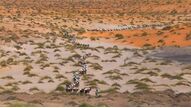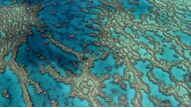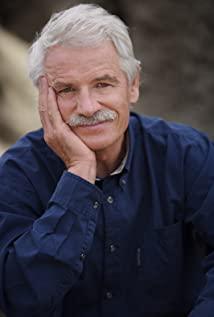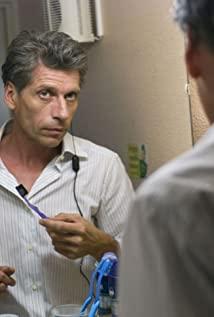After the flood, go plant a tree.
Glancing at the box office, Transformers 2 is not surprisingly hot. At midnight, the next person was a father with a five or six-year-old son, thinking that we passed on our childhood memories to the next generation. After decades, we dyed the last white hair and they grayed out the first one. When I was black, I could still have the same childish collective memories, which was extremely warm. But after the movie ended, I wonder if the father was moved, or if the son would stay behind. In any case, there is such a consciousness in the play that the reason for repelling the Decepticons is that humans are the only masters of the earth. Optimus Prime’s sacrifice to save Sam is the servant’s loyalty to the Lord, and Optimus Prime’s resurrection must be necessary Sam did it himself. This is not a kind of redemption. It is more like a high profile of humans driving the lives of autobots. Change 2 failed because it did not convey the love and responsibility that should have been there. When we drew a biological chain, we never thought that humans and all things are equal inhabitants of the earth. I don’t know if the Decepticons are equal. The more advanced consumers in this biological chain, and humans choose to eliminate it and ask it to leave this biological chain. But as self-confessed masters, have humans ever loved the earth? Are we defending the earth or just defending our appendages and defending ourselves? The human-perspective film brought the curtain down with the end of human expectations. Amidst the praise and curse, has anyone ever thought that when the curtain of human life is finally pulled down due to our own actions, there will be Are the Autobots defending to the death?
After walking out of the theater, go to youtube to watch a free Home.
Change a few channels, almost all radio stations are commemorating MJ, if he dug out his old news MV from the bottom of the box, it would be a commemoration in prime time. MJ's dominance in popular music will not be enlarged or reduced because of his death. His influence in the history of music has been exerted to the extreme. If there is really sincerity to commemorate MJ, it should continue MJ's devotion to charity. Li, a person who doesn't really care for the earth can't write the Earth Song. The MV of this song is still so shocking 14 years later. But people like to filter the seriousness, and the big multimedia races to make MJ's death a greater entertainment. As a result, a serious topic becomes less suitable to be conveyed in an entertaining manner, and it is necessary to use the spiritual totalitarian means of exam-oriented education to convey to practice environmental protection.
After gossiping about today’s entertainment news, spend the same time reading a few articles on websites such as wwf.
In recent years, there have been many excellent documentaries or books promoting environmental protection, but what is left after the shock, even if a collective consciousness is formed, how to constitute a collective behavior. If you are asked to donate 10 yuan to the environmental protection agency tomorrow, you can save money for meals. If you are asked to do one less thing that hurts the earth tomorrow, what will you do?
View more about Home reviews









